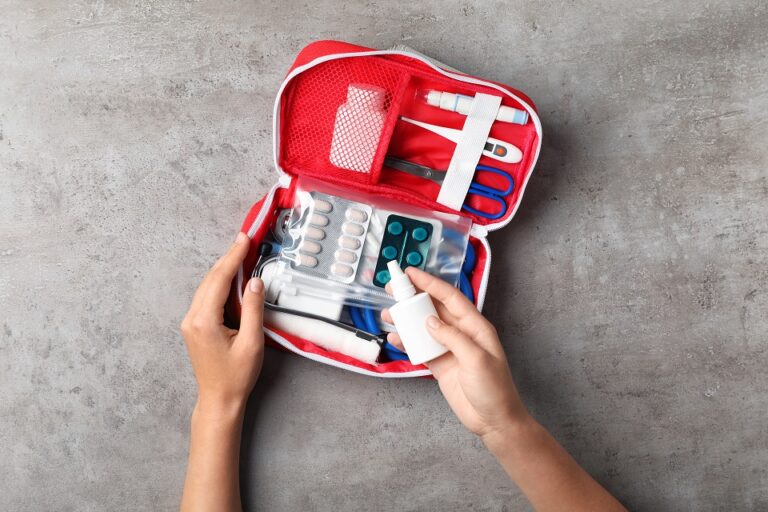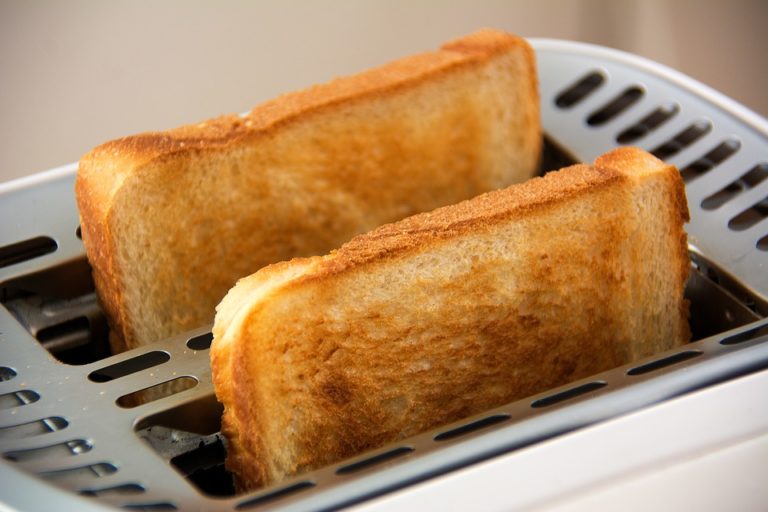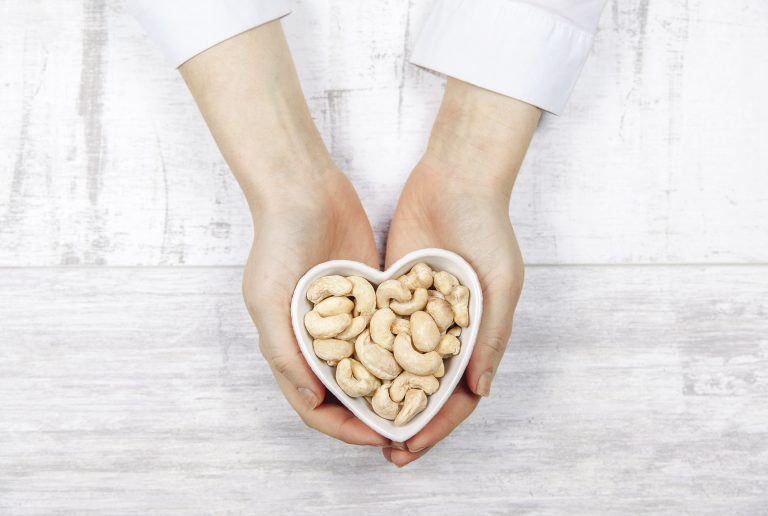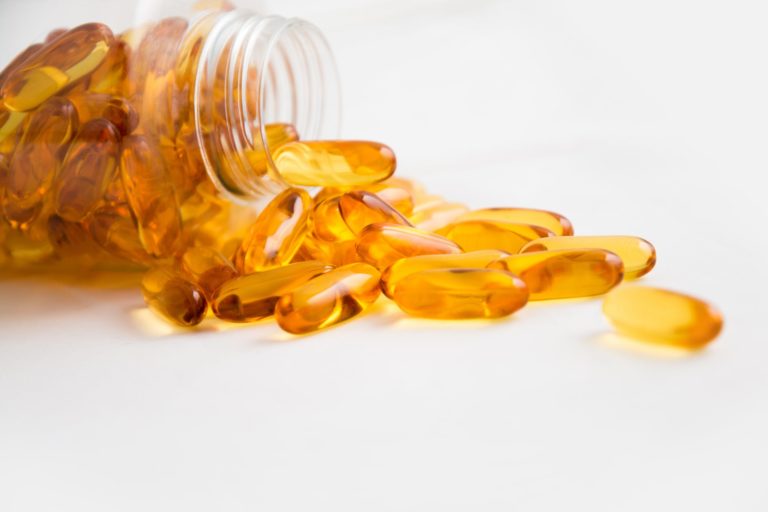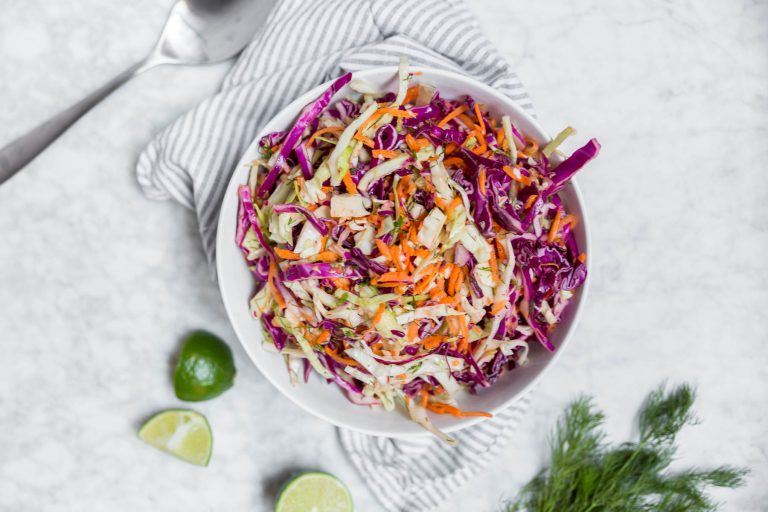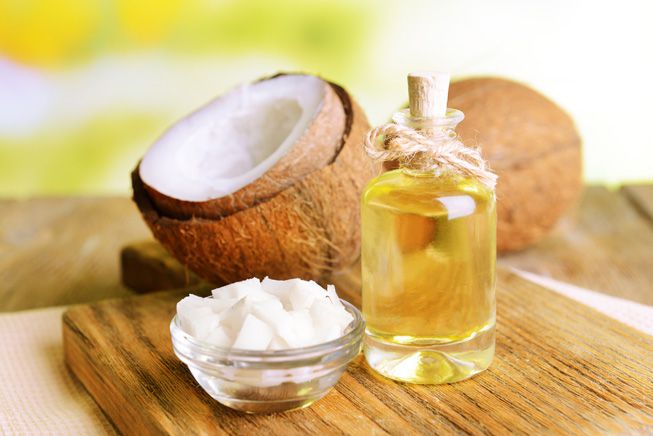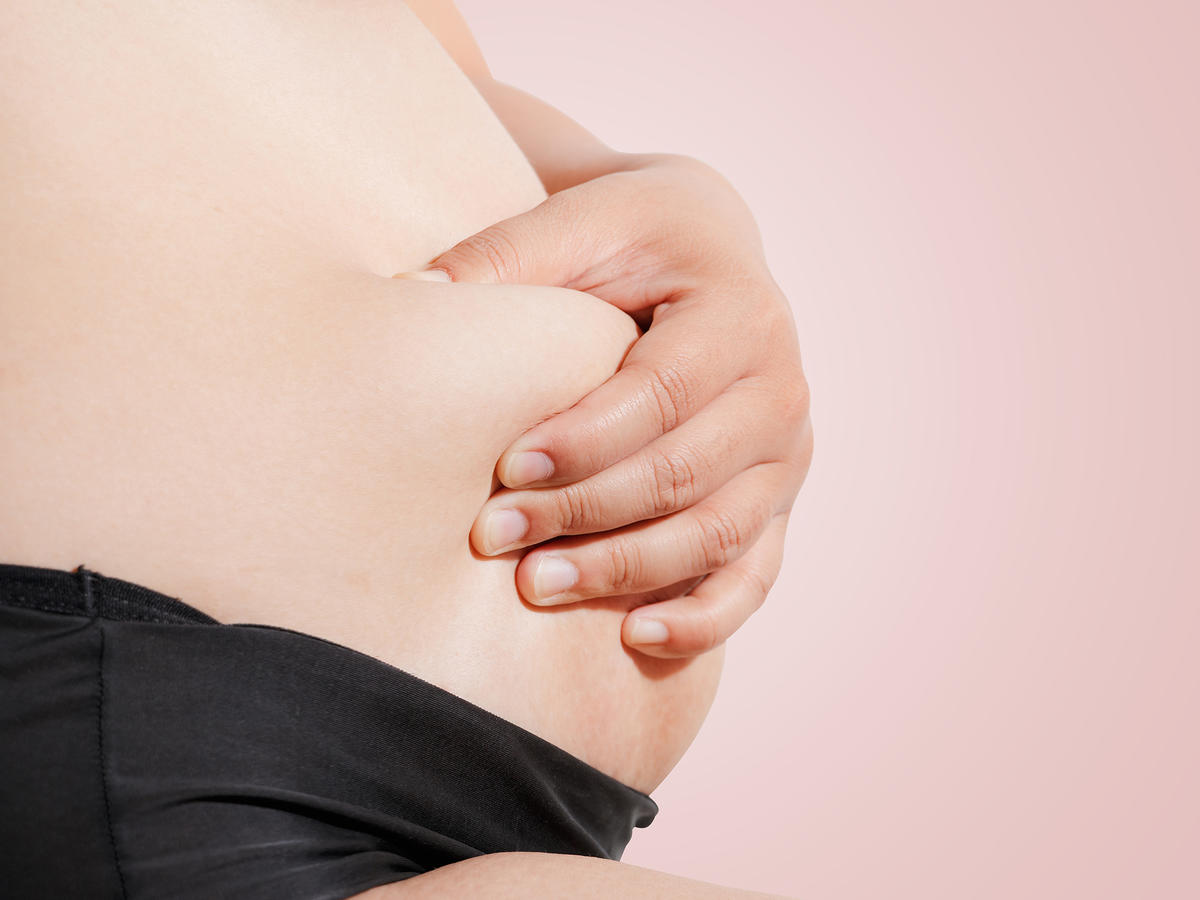
Sometimes it comes from excess air trapped in your digestive tract. Other times it feels like a basketball is stuck in your abdomen, or your entire midsection has been flooded with water. Whatever bloating feels like to you, one thing’s for sure: it’s uncomfortable.
And though bloat rarely signals something serious and typically goes away after several hours (eased up by moving around, drinking water, and just waiting it out), a distended middle can make you feel lethargic, clumsy, and suspecting you’ll never be able to button your jeans again. Welcome back your flatter belly by saying goodbye the habits that are prone to puff you up.
You eat too fast
The pace of life has us all in a hurry, but if that leaves you wolfing down your meals, be warned: besides food, you’re also swallowing gas-producing air, which balloons your belly. Trapped air isn’t the only bloat trigger here. “When you eat in a rush, you don’t chew thoroughly, and that leads to larger food pieces sitting in your gut, waiting to be fully digested,” explains New York City nutritionist Stephanie Middleberg, RD, of Middleberg Nutrition.
Another speed-eating danger: you lose track of how much you’re consuming, and stuffing yourself makes your stomach feel, well, stuffed. Instead of eating on the run, carve out at least 20 minutes for a slower sit-down meal. That’s how long it takes your brain to register fullness, signaling that it’s time to put your fork down so you don’t overdo it.
Your go-to lunch is a sandwich
Even the healthiest sammies tend to be packed with sodium. A recent USDA study discovered that the sodium content in the typical sandwich can chew up 20% of your sodium allowance, says Janet Brill, PhD, RD, a Philadelphia-area nutritionist and author of Blood Pressure Down. And a 2012 CDC study listed the top sodium-loaded foods, many of which were sandwich staples.
“Bread and rolls ranked as the number-one source of sodium in the typical American diet, and deli meat was number two, with cheese not far behind,” says Brill. The CDC recommends keeping sodium intake under 2,300 mg, and you can stay within that number and prevent sodium-induced bloat by alternating your sandwich habit with other foods or forgoing the bread and wrapping it a crisp piece of romaine lettuce.
You consume your kale raw
Packed with essential vitamins, kale has a well-deserved reputation as a trendy salad superstar. Thing is, this cruciferous vegetable contains so much hard-to-break-down fiber and an indigestible sugar called raffinose that consuming it raw in a smoothie or salad may bring on gas and puffiness, says Middleberg. Kale is not the only veggie offender; other cruciferous greens like Brussels sprouts and broccoli have the same effect.
“Cut down on the bloating by eating less kale and cooking the kale and you do eat by steaming or roasting it,” suggests Middleberg. You still get the nutrients, but cooking helps soften the fiber and shrink the volume of kale you consume, so it doesn’t take up so much gut-busting room in your small intestines.
You drink through a straw
Coffee beverages, fruit smoothies, green juice drinks—these days, all kinds of adult-friendly drinks are designed to be sipped through a straw. But as convenient as straws are, they force you to suck in lots of extra air, and that makes you feel like an inflatable ball, says Middleberg. It doesn’t make a difference how slowly or deeply you sip; you’re taking in the air already trapped in the upper part of the straw, and it’s impossible to avoid. Whenever you can, sip your drinks from the rim of the glass.
You eat lots of packed foods
Once again, the culprit here is sodium—it’s used as a preservative for tons of processed convenience foods. You know that crackers and chips are sodium bombs, but even healthy-looking items such as soups, salad dressings, cereals, and tomato sauce can have crazy-high amounts of sodium that easily lead you to exceed the 2,300 mg daily recommended limit.
“It’s a good bet that pretty much any product that comes wrapped in a package contains more sodium than you’d think, and you’re unlikely to even taste the salt,” says Brill. Dodge the belly-bloating effects by reading labels and going for packaged foods that contain less than 500 mg per serving. And of course, try to cut back on the processed stuff and fill your plate with naturally low-sodium or sodium-free fresh fruits, grains, and veggies.
You choose diet or low-calorie products
Artificial sugars such as aspartame and sucralose have been added to everything from diet beverages to gum and candy. But the low or no calories come at a cost. While the FDA has recognized zero-cal sugar substitutes as safe, they’re serious bloat inducers. Artificial sweeteners hang around your stomach a long time because your system doesn’t digest them well (or at all). Makes sense, considering that they contain nothing your system recognizes as actual food, says Middleberg. “Banish them from your diet, and you’ll feel instant relief,” she says.
You can’t give up your soda habit
The same tiny bubbles that give soda and sparkling water that bubbly sensation also cause your stomach to swell, says Middleberg. Diet soda is an even worse belly bloater since artificial sweeteners can’t be digested. Really can’t live without you fizz fix? Cut down on the carbonation by leaving it open for a few hours before drinking it or by pouring the drink into a cup with ice cubes.
You eat dinner too close to bedtime
If you eat a typical-size dinner within an hour or two of hitting the sack, you’re setting yourself up for morning muffin top. Lying down impairs digestion, so if you hit the bed with food in your stomach, it won’t be broken down as quickly, leaving you bloated in the a.m., says Rumsey. It’s not always easy to shift your schedule, but try having supper at least three to four hours before turning in for the night.
Stay on your feet as much as possible to keep things moving before you fall asleep. If you have no choice but to eat right before bedtime, make it something small, like a piece of fruit or yogurt, and refuel with a bigger meal at breakfast, when your metabolism is running high again and your body will benefit from the energy jolt.








